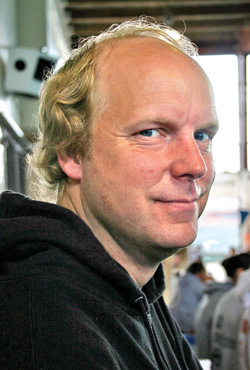
As the Agile Manifesto approaches its 10th anniversary, SD Times is speaking to several of its authors to discuss the gathering at Snowbird, what perspective they brought to the meeting, and what they might do differently. The 12 original authors will reunite at the Agile Alliance Conference this August in Salt Lake City.
In this installment, we speak to Kent Beck, creator of extreme programming and test-driven development.
SD Times: What was your reason for attending the first gathering at Snowbird?
Beck: I knew most everyone invited to the workshop. We had all been working on similar things separately long enough. It seemed like it was time to see what we had in common.
What area of development had you been working on, and how did you see it meshing with the other efforts going on at that time? Are you still working to advance that specialty? Where is it at today?
I had been working on extreme programming, applying it myself mostly to projects in banking and insurance. I knew that other people were working on very different projects, like embedded systems, and I looked forward to seeing the similarities and differences in their experiences.
 I am still working on extreme programming. My technical focus has shifted to software design—how to incrementally design software more efficiently and safely than designing in large batches. Socially, I am interested in how to display accountability and responsibility in my own work.
I am still working on extreme programming. My technical focus has shifted to software design—how to incrementally design software more efficiently and safely than designing in large batches. Socially, I am interested in how to display accountability and responsibility in my own work.
Looking back, is there anything you would have included or struck from the manifesto, based on what you know now?
I think it was fine for its time. Now I think the focus needs to shift to using a mature, transparent, responsible development process to create the greatest possible value in a larger context. Delivering working software isn’t valuable if working software isn’t what is needed most.
Where do you see agile development moving in the next five years?
My hope is that agile development will move into undergraduate curricula, technology stacks, and the expectations of businesspeople. If businesspeople stopped accepting excuses for opacity and defects, software developers would find ways of turning their work around.





